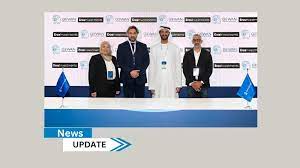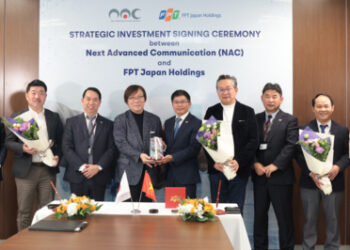IIT-Guwahati researchers develop advanced technique to boost performance of lithium ion battery
Researchers of IIT-Guwahati have developed an advanced technique to boost the overall performance of rechargeable lithium ion batteries used in electric vehicles, the premier engineering technology institute said on Wednesday.
The technique can precisely estimate the state of charge (SOC), which reflects the remaining capacity of the battery. This helps in knowing how much more charge can be withdrawn before the battery gets fully discharged, a release issued by the premier engineering technology institute said.
The knowledge of the remaining capacity helps to optimize the batterys capacity utilisation, prevent overcharging and undercharging of the battery, increases its lifespan, reduces cost and ensures the safety of the battery and its surroundings, the release said.
The research team comprises of research scholar Gautam Sethia, associate professor Sisir Kumar Nayak and professor Somanath Majhi from the department of electronics and electrical engineering, IIT Guwahati.
SOC cannot be directly measured by any sensor and can only be inferred by using the available measured quantities such as battery terminal voltage and current, it said.
As the highly non-linear characteristic of the lithium ion battery makes it difficult to estimate the SOC accurately, a well-developed estimation algorithm is crucial in ensuring precise, reliable, and cost-effective SOC estimation.
The research findings were recently published in IEEE Transactions on Circuit and System I: Regular Papers, a highly reputed international scientific journal.
The proposed technique shows highly robust characteristics and works accurately even in the presence of various external disturbances such as sensor inaccuracy and temperature variation, a researcher said.
It not only increases accuracy but also reduces the computational time and hence needs a cost effective microcontroller chip for its implementation and commercialisation, another researcher said.
In recent years, lithium ion batteries have been widely recognised in various applications due to their low carbon emission, high energy density, low self-discharge rate and low maintenance cost.
Apart from the various day-to-day small devices such as cell phones and laptops, these batteries have also been widely used in various other important applications such as electric vehicles, in renewable energy sources integrated smart grids and microgrids, the release added.
The research team is currently working on other important battery issues such as cell balancing, monitoring the state of health, state of power and other things, the IIT Guwahati release said.























